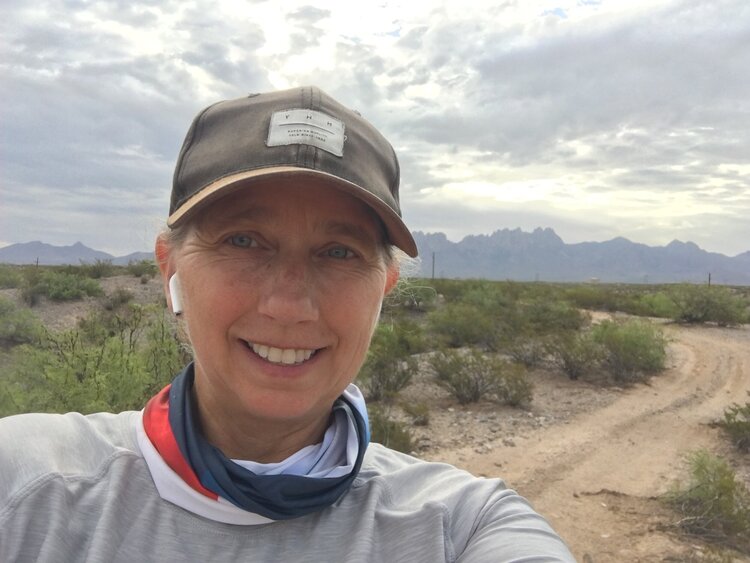Last week I gave my IB students a series of activities to complete in order to gain understanding of concepts in our genetic engineering topic. They viewed videos, performed interactive tutorials, pasted tables and diagrams that they had to assemble, and completed some sequencing tasks. With each activity they had to demonstrate knowledge in a written form. Today I had to make the decision to continue with the topic of cloning or to review some of the topics from last week.
I put together a set of questions in a PowerPoint document (one question per slide) that would help me identify what percent of the students had mastered each concept. As Dylan Wiliam counseled us in that workshop I went to a week and a half ago, I built each multiple choice question by identifying and including incorrect answers that would result from misconceptions. I made sure there was more than one correct answer such that if a student picked both correct answers, it would be a demonstration of understanding. There was no way to just guess a correct answer. Any non-multiple choice questions were answerable with less than three words.
Today at 14:00:
The students enter the classroom and I give them 10-minutes to review their notes from the previous activities challenging them to quiz each other on the concepts in an effort to confirm and seek understanding.
14:10
The “whiteboards” (a clipboard with a piece of white paper overlaid with leftover laminate from the lamination machine) and markers come out of the box. Interests peak as the students eagerly await receiving their marker, whiteboard, and “eraser” (a ¼ of a paper towel). A bit of nervousness emanates from the students as they process that they will be individually responsible for writing down something pertaining to the content. They recognize that this clearly is not a pair or group activity.
14:11
A barrage of questions comes my way: “Are we being tested?” “Oh no, this is going to be hard” “What types of questions are you going to ask?”
“Should I start with an easy one?” I query. An emphatic host of “yes” responses reply so I quickly insert a multiple question that I am 99.99% confident everyone will correctly answer.
14:12
We begin. Thankfully everyone is on board with question #1 so I can proceed.
The responses are instantly so informative, yielding not only misconceptions but deep thought processes and a clear indication that some students had sought for deeper understanding while completing the activities I had assigned them. Following the exposure of each misconception, I engage in discussion and additional formative assessment questions to ensure that I can move forward.
14:25
We are on question #4. I make the decision to put the cloning topic on hold until tomorrow.
The students are engaged. They are intense. They are thoughtful as they choose their responses. I can imagine the neurons firing in their brains as some of them recognize more than one correct answer but struggle with actually writing down TWO answers.
15:05
We make it through the questions before class is over and I recall the whiteboards and markers. The students place the supplies in the box and comment on how productive they feel.
15:07
One students states, “That was really good” and I respond, “Yes, it really helps me see what level the students have achieved in their understanding” to which she replies, “And it helps me see where I am at”.
Another unexpected outcome of formative assessments has revealed itself.
15:15
I excitedly share the success with my colleague that attended the workshop with me. She describes the achievements she has experienced with the “A”, “B”, “C”, “D”, “E” cards with her classes. We revel in the power of formative assessment and brainstorm additional ways of maintaining the practice in our classrooms.
15:30
I feel elated. I’m grateful to be a teacher. I rejoice at the prospect of improving myself as an educator. I’m pleased that I have a whole list of improvements to make in my classroom after I’ve mastered the techniques of formative assessment that I’m currently working on. I find it strangely comforting to know that there is a plethora of untapped ideas that I can try in my classroom that will assist me in developing into an exceptional teacher.
